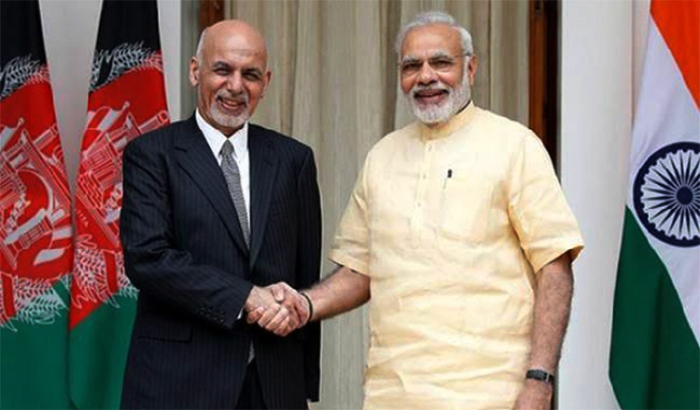New Delhi, Jun 8: Delhi Chief Minister Arvind Kejriwal has gone into self-quarantine after developing sore throat and fever, and will get himself tested for COVID-19 on Tuesday, officials said on Monday.
They said the chief minister, who is also a diabetic, was feeling unwell since Sunday afternoon.
"He has mild fever and sore throat since Sunday afternoon. As advised by doctors, the chief minister will undergo COVID-19 test on Tuesday morning," officials said.
Officials said the CM had attended a Cabinet meeting on Sunday morning and thereafter, he did not attend any meeting.
The chief minister has been holding most of his meetings via video conferencing from his official residence for past two days.
This come as the number of coronavirus cases in the national capital crossed the 28,000-mark with 1,282 fresh infections while the death toll climbed to 812 on Sunday, a health bulletin issued by the Delhi government said. According to the health bulletin, the total number of COVID-19 cases in Delhi rose to 28,936 with 1,282 fresh cases.
A total of 51 fatalities were reported on June 6, the bulletin said, adding that these lives were lost between May 8 and June 5. It, however, said the cumulative death figure refers to fatalities where the primary cause of death was found to be COVID-19, according to a report of the Death Audit Committee on the basis of the case-sheets received from various hospitals.






Comments
Add new comment